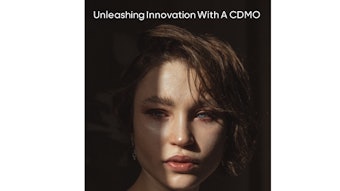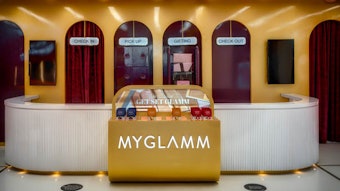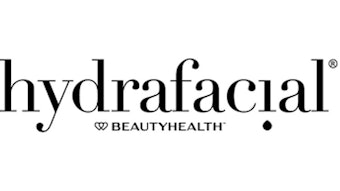Private label branding has become a big business for many retailers. These retailers have seen the profit margins of major brands on their shelves and jumped at the opportunity to establish their own. To some degree, it is a copycat process. Retailers have an advantageous view of what attracts consumer spending, and private label houses are adept at creating products that meet retailers’ specifications.
Building a private label brand requires many involved steps. Packaging design, logos and displays are difficult enough, but selecting a formula that performs and contains the aesthetics of the name brand, falls into an acceptable cost parameter and captures longer-term consumer loyalty is the ultimate challenge. Fragrance can play a critical role in setting private label offerings apart and finalizing a sale.
The biggest turnoff to selecting a product often is an innappropriate, antiquated old hat fragrance type. Though fragrance is clearly not an area of expertise for many small manufacturers, and understandably so, it would behoove them to be able to offer their customers a selection of fragrance types created by fragrance houses. A history and stability in the symbiosis of formula and fragrance creates a more sound, one-stop shop for the retailer seeking a private label. Even if not intended as the final fragrance, an integration of fragrance and formula in the conceptual stage is ultimately beneficial for the sell. Soap and cosmetic bases, for example, benefit from certain fragrance formulas to cover noticeable off-notes.
And understanding fragrance/product type dynamics is important. Vanilla, amber and heavy woods, for example, work much better in candles and soaps than green floral or citrus notes. Herbal and spice notes are good for communicating a soothing effect, while citrus notes communicate cleansing. Therefore, it is advantageous to request a fragrance oil suited to a particular product from the fragrance supplier. Many essential oil houses will work with contract manufacturers—who often don’t know how to communicate the type of fragrance that they seek—and offer libraries of distinctive stable fragrances.
Case Studies
In the not-too-distant past, many products in the private label realm were anachronisms, but today’s retailers know that they can create their own brands with fashion statements and quality products that produce a better bottom line. Supplier creativity is continually being challenged, as is pricing, yet these demands are being met.
Paris Presents is one private label supplier that is doing fabulous business creating a product line with a turnkey type operation, and CEO Leah Bailey has expanded business dramatically—from just bath amenity products to entire lines of bath and body toiletries for retailers such as Kohl’s, Target and Sears. And fragrance plays an important part in establishing the distinctiveness and theme of each line. Fragrance direction is provided to its essential oil house, with instructions to create a scent appropriate to the product function while meeting current fashion and style trends and consumer tastes.
It should be noted that this private label renaissance is not limited to retail. Private label hotel, resort and spa amenities have exploded, and fragrance is an important factor because it also plays a role in branding these getaways. Bare bones formulas and fragrances are available to very fine upscale products.
Many Hilton and Ritz Carlton locations offer personal care amenities with a wonderfully distinctive green galbanum floral aldehyde, and a warm apricot/fruity ginger elevates the ReNeu Botanical line offered in Crown Plaza spas. A Hollywood boutique hotel features a line of Baronessa Cali products formulated with olive oil and vitamins and driven by an exquisite powdery damascene rose with sandalwood undertones. The fragrance carries the line with the innuendo of pure luxury.
Never underestimate the consumer’s subliminal olfactory recognition. Tastes may vary, but certainly new creative touches such as botanicals, fruits and spices provide a trendy, contemporary and natural feel that piques consumer interest and offers the satisfaction of a valuable feel-good purchase. It is these olfactory additions and key fragrance choices that can make or break a private label brand. Perhaps we’ll see a reversal of roles in the future, where a private label brand captures a unique fragrance trend in an economical, trendy product that is copied by the personal care giants.
Nancy C. Hayden is a chemist and a pharmacist with more than 30 years in the fragrance industry. She worked as a nose for Jovan from the company’s beginnings and as fragrance director for Jovan Beecham until 1988. Currently, she is a consultant to the fragrance and cosmetic industries.










